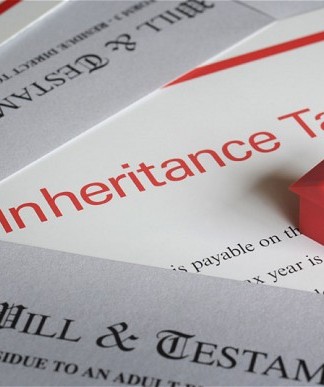The Common Reporting Standards (CRS) may have been created as a regime for participating countries to exchange information to identify tax evasion, but, in practice, it is beginning to look like another byzantine system of rules and regulations. Investor with any holdings outside their country of residence may find themselves subject to this system. In some cases, investors may not even be aware that their information is being shared.
This article is part of a series presented by Richard Cayne and Meyer International to help you better understand the CRS and its implications.
What is Self-Certification?
Many financial institutions have been requesting new and existing clients wanting to open a new account to complete a CRS self-certification form. In addition to the usual name and contact information, these forms will usually require you to disclose where you are a tax resident. This is often regardless whether you are currently liable for tax or not (e.g. a UK citizen working overseas).
Once they receive this information, the financial institutions will determine whether you are a reportable person or not. If you are, then your accounts are also reportable. If even one joint accountholder is a reportable person, then the account is reportable.
What gets reported?
Although it may differ depending on the jurisdiction, typically, the information reported will be:
- Name
- Address
- Country (or countries) of tax residence and relevant Taxpayer Identification Number (TIN)
- Date and place of birth (for individuals)
- Account number(s)
- Account balance(s)
- Certain payments and interest credits to the account(s)
Can you choose not to self-certify?
The implications depend on the jurisdiction and on the financial institutions. If you do not self-certify, the financial institution may automatically consider you and your accounts with it as reportable. It may also choose not to open any new accounts for you or even close your accounts to avoid future issues.
If your tax jurisdiction deems you non-compliant, you may face penalties. The UK, for example, there’s an initial penalty plus a compounding daily penalty once the Revenue informs you of such. You may also face penalties if you reported incorrect information.
“If you value confidentiality, your investment choices may become limited quickly in the next few years,” warns Richard. “Unfortunately, many law-abiding investors who just want to protect their privacy may find themselves under unwanted scrutiny.”
Remember, even though this is meant to be a global standard, the laws of each participating jurisdiction may address various terms and issues differently. You should definitely discuss your situation and options with a trusted consultant if you have holdings overseas.















